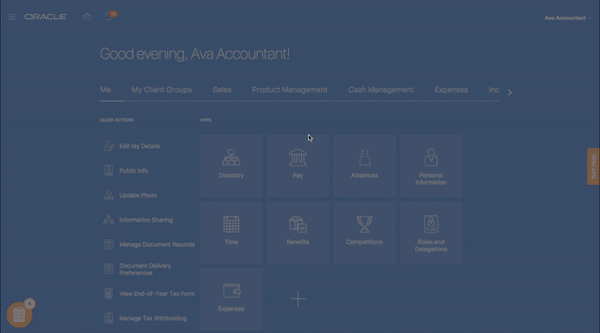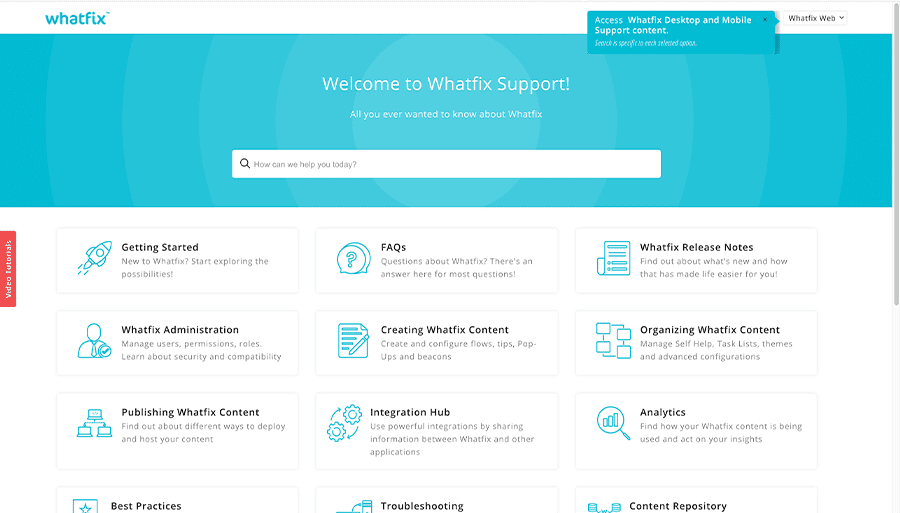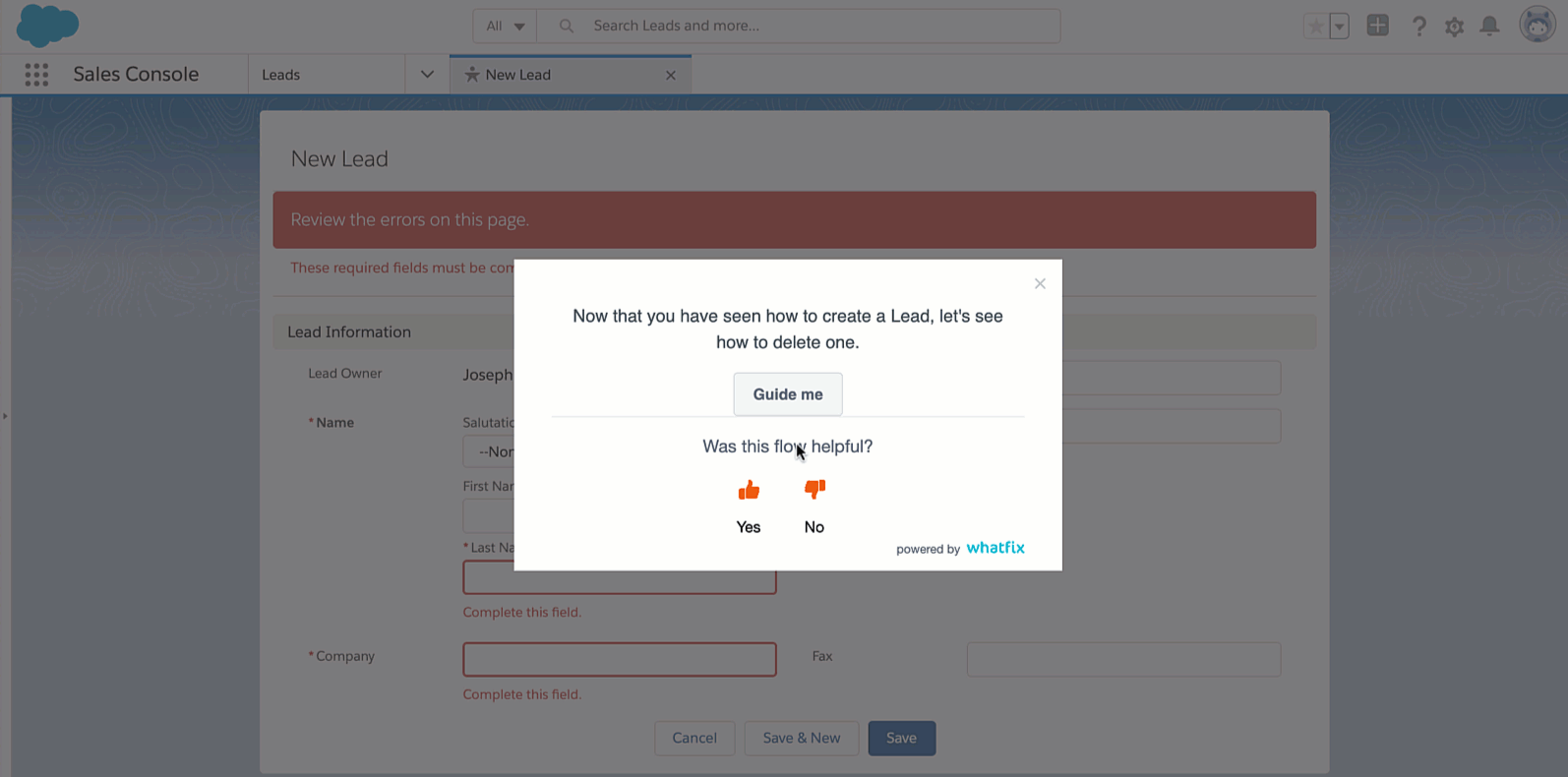
The Importance of Product Knowledge Training (2024)
- Published:
- Updated: March 28, 2024

A key to organizational success is a deep understanding of a company’s product offerings. This is true for all teams across an organization – from customer success, marketing, product, recruiting, sales, etc.
Truly understanding your company’s products turns employees into product experts and evangelists – empowering your workforce to demonstrate your product’s benefits, answer support questions, and helping customers find maximum value in your offerings.
Investing in product knowledge training is a sales enablement strategy that will empower your entire organization’s sales and customer success teams to confidently express what makes your products so special. These skills connect employees and customers, ensuring that your customers are satisfied with the product. If you want to supercharge your sales, increase your customer satisfaction, and boost customer onboarding, then you need to be sure that your employees have undergone product knowledge training and understand exactly what they’re selling.
What Is Product Knowledge Training?
Product knowledge training is the process of educating your workforce about the goods, products, services to help them perform their job better – from building, marketing, and selling the product, and so forth. This type of employee training extends into how each individual product works if a company offers a suite of products, what the benefits of the product are, how it can best serve the customer, common troubleshooting answers, and more.
It’s also helpful for other teams across your org – allowing marketing teams to truly capture your product’s key selling points, brand teams to create meaningful stories and tones, recruiting to ensure new hires have experience in similar industries, product teams to know what to prioritize in their roadmaps, etc.
5 Benefits of Investing in Product Knowledge Training
Alongside strengthening communication skills, increasing team member enthusiasm, and providing your workforce with a sense of confidence, there are a host of benefits to product knowledge training.
Let’s take a look at the five most significant benefits of this important employee training method:
1. Improves Your Sales Performance
By focusing on product knowledge training, you’ll be able to boost the sales percentage rate of your workforce. Over a two-year study, Harvard Business Review assessed the effectiveness of in-store training. They concluded that an employee’s sales rate increased by 1.8% for every product knowledge training they completed. While 1.8% may not seem like much, the numbers quickly add up if you consider that percentage across every employee in your company.
In addition, it’s important to remember that this study was for physical, in-person stores. When we begin to talk about sales teams selling SaaS offerings, these products are much more difficult to quickly showcase ROI – and to become a product expert in. This is why for SaaS and tech offerings, product training and knowledge sharing is critical.
2. Better Customer Service & Support
Teaching your employees about the various uses and benefits of your products gives them the tools they need to easily help customers to solve common problems and reduce support tickets.
Additionally, with advanced product knowledge, they’ll be able to recommend product pairings when a customer is considering buying an item. By doing this, they’ll be able to upsell, increasing your customer’s average order value (AOV) over time.
3. Better Customer Onboarding Experience
Customer onboarding is crucial for organizations, as is directly responsible for cutting the time-to-value for new customers to find their “aha” moment. If one of your customers doesn’t understand how your product works or how to use advanced features that were pitched in a sales demo, there is little chance they will renew their contract.
By educating your workforce with product knowledge, they’ll be able to remove this barrier for the customer completely. As they understand the products they’re selling, your employees will be able to give in-depth, ongoing demonstrations on how to become a product expert.
4. Drives New, Innovative Ideas from Internal Employees
Thorough knowledge of your company’s products will allow your internal employees to put together individual parts of product knowledge. This can lead to them making connections between the uses or benefits of different products, empowering them to recommend new product features and improvements through digital innovation.
5. Fosters Brand Advocacy from Within Your Workforce
Like your customers, if your employees don’t fully understand a product, they won’t be able to advocate for it properly. A lack of understanding from your workforce will translate into a lack of understanding for your customers.
When you train your employees in product knowledge, they will find the maximum potential of your products – and allow them to discuss products with passion, infusing enthusiasm into their product descriptions and demonstrations to customers.

Whatfix empowers your employees and end-users with contextual flows and self-help widgets, improving productivity and proficiency while cutting training and support costs.
Types of Product Knowledge
Training in product knowledge extends beyond just teaching which products to recommend for certain problems. In reality, it provides your sales org with a detailed understanding of your company’s purpose, target audience, and ethos. Considering that 64% of people buy from companies that align with their values, it’s always a good idea to make sure your employees understand and can discuss your business’ ethos.
Let’s take a look at five key areas that your product knowledge training should cover:
1. Who Is Your Target Audience(s)
Every business, no matter its size or which type of products they sell, has a target buyer persona. Understanding your target audience empowers your employees to anticipate which problems a customer needs help solving. By understanding the types of problems your target audience encounter, they’ll be able to recommend and alleviate those problems efficiently.
2. What Your Product’s Mission Is
Every product has intent behind its creation -as well as a mission story behind it. Most commonly, the intent is to solve a certain problem. A thorough product training education will ensure that your workforce understands the reason and mission behind every product they sell.
3. What Your Product’s Core Benefits and Features Are
A 2020 study conducted by CustomerThink revealed that only 19% of customer initiatives actually demonstrate the purpose and benefits of a product. By educating your employees on a product’s benefits, they’ll be able to break into that 19%, demonstrating why a customer should opt for a certain product. Displaying the benefits of a product is a fantastic way of persuading a customer to make a purchase.
4. How to Use Your Product
User onboarding is a vital process in the sales funnel. Yet, it is a step that is almost always overlooked. With product knowledge, your workforce will then be able to easily pass that knowledge on to customers.

Above: Example of a user onboarding flow that customer success teams can create for onboarding new users with Whatfix for user onboarding.
5. What the Most Common Product Support Question Are
Being able to quickly and accurately give answers to common product support questions should be second nature to your customer support team. By anticipating common product questions and then teaching your employees how to answer them, you’ll make the customer’s experience much smoother. Alongside helping the customer, this can also boost your employees’ confidence, giving them the tools needed to execute their sales role.
5 Tips for Creating an Effective Product Knowledge Training Plan
Now that we’ve talked about the types and importance of product knowledge training, it’s time to craft a plan of action. We’ll break down five methods you can employ to create a product knowledge training plan that helps your employees efficiently learn about products.
1. Use eLearning Tools
Learning management systems (LMS) are online platforms your company can use as a training and learning platform. These are powerful tools as they are easily accessible and navigable, meaning that your workforce will spend more learning and less time searching for your knowledge training modules.
2. Take a Blended Learning Approach
Blended learning is the learning approach of implementing the benefits of both online learning and face-to-face learning to your employees. With a variety of different teaching approaches, you’ll be able to keep your employees engaged, while also providing a flexible employee learning environment that uses different learning formats and styles for different learning personalities.
3. Invest in a Knowledge Base
A knowledge base refers to an online database of all the internal knowledge, resources, processes, etc. that your employees need to know to effectively carry out their role. Knowledge bases empower your employees to quickly lookup common answers to product-specific questions and support tickets. By investing in a knowledge base, you’ll be supporting your employees at all times, giving them the confidence they need to shine.

Above: Example of a knowledge base using the Whatfix support center.
4. Use Microlearning to Break Down Content into Smaller Chunks
Microlearning is the process of converting knowledge into bite-sized chunks for your employees to consume. Research conducted by RPS reveals that microlearning improves long-term retention by up to 80%. When it comes to product knowledge acquisition, little and often is a good strategy for your workforce to. Help them educate themselves by breaking down your content into smaller chunks.
5. Gather Employee Feedback
By listening to your employees and gathering feedback on your learning courses, you’ll be able to better tailor your content to them in the future. From changing the style of certain modules to continually refining the best way to teach, feedback will let you understand exactly how your product knowledge training is going and where it could be even better.

Above: Example of gathering employee feedback on your product knowledge training – directly in your apps – with Whatfix.
Product knowledge training is one of the most effective ways that you can empower your workforce. By giving your employees a detailed knowledge of all the products they interact with and sell on a daily basis, they will become your strongest assets.
Get started with your product knowledge training strategy by requesting a Whatfix demo now!

